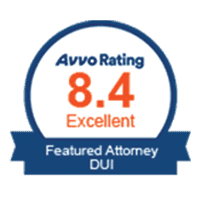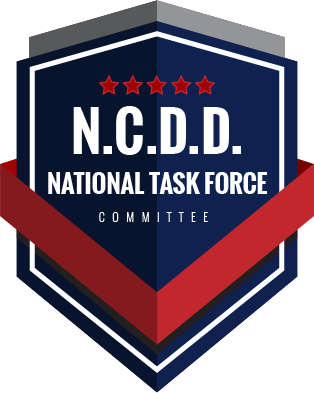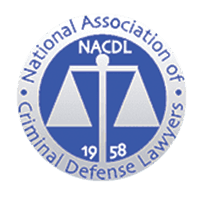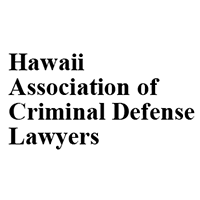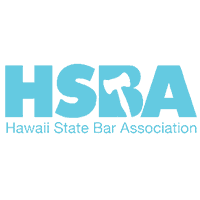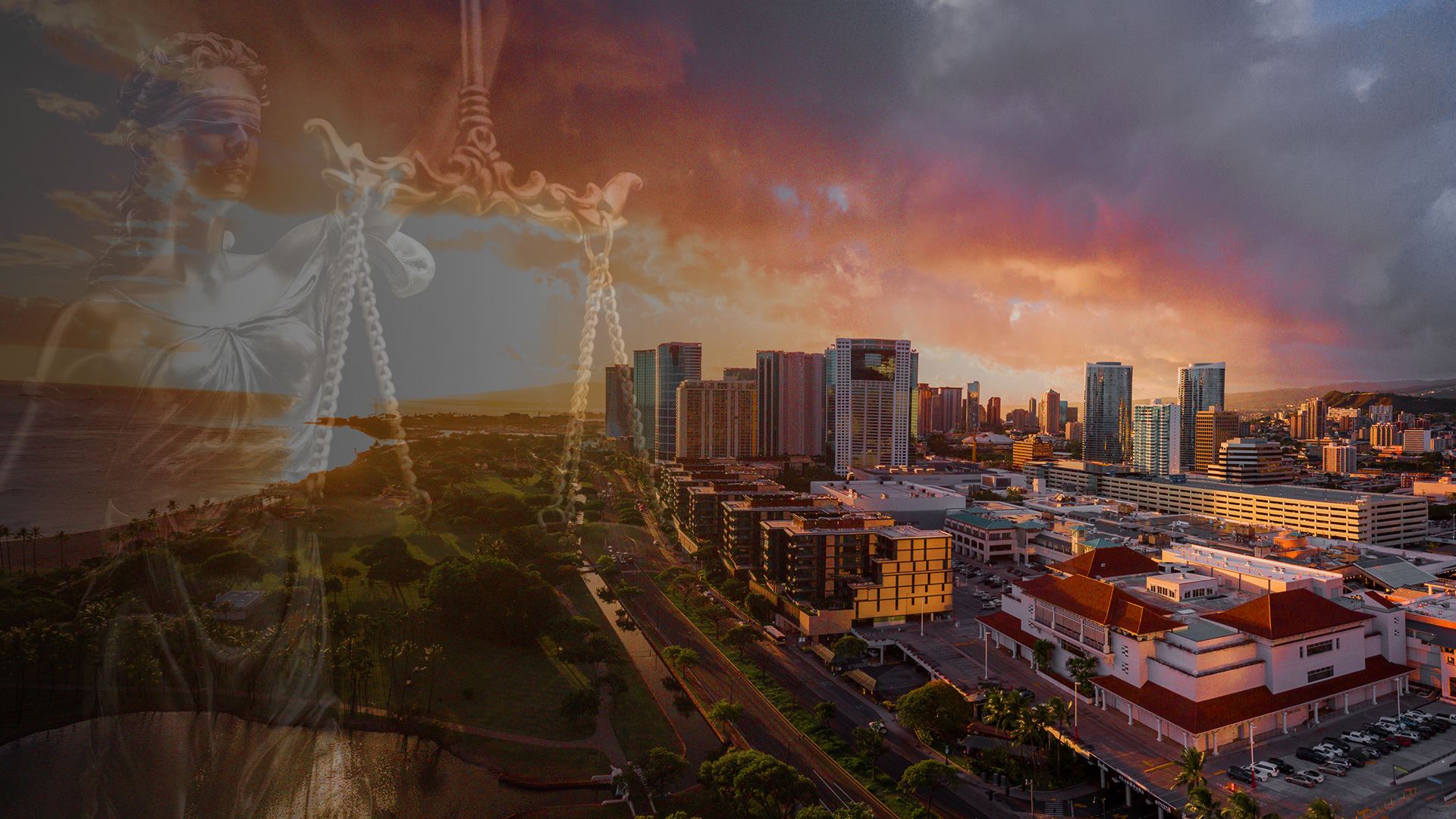
With a history of successful results, we can fight together!
Honolulu DUI Lawyer
25+ Years of Experience, Hundreds of DUI Charges Dismissed
If you are facing DUI charges in Honolulu, then your future is at stake. When your career and freedom are threatened, you can't afford to work with a lawyer who simply pleads you out instead of thinking about your own well-being and best interests. You deserve to have a defense attorney who will fight all the way for you.
My name is Kevin O'Grady, and I am dedicated to providing the ethical, powerhouse advocacy you deserve.
You need a legal advocate who understands the complexities of the justice system, but who also is motivated by a genuine empathy for their clients. While I focus on crafting the strongest defense possible, I also make it a priority to get know each of my clients.
You will never feel like just another case number at my Honolulu DUI and criminal defense firm. I consider it my privilege and duty to see that your rights are fully protected. As a result of my dedication and aggressive advocacy, I have obtained hundreds of case wins for my clients, with a 97.75% DUI/OVUII win rate*.
I am ready to sit down with you to thoroughly discuss your case and legal options. Call (808) 521-3367 to schedule your free case evaluation with a Honolulu DUI lawyer now! Let's fight together.

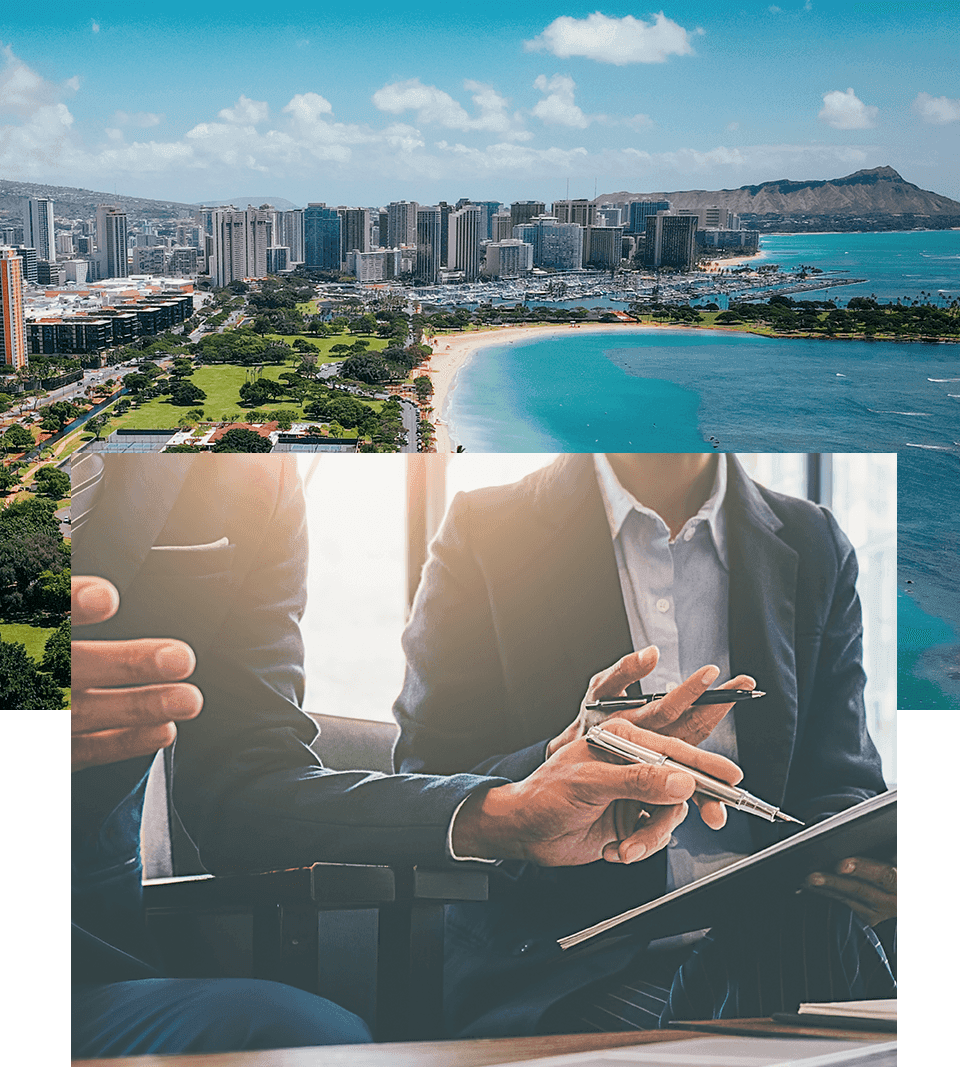
"If you think it’s expensive to hire a professional to do the job, wait until you hire an amateur.” – Red Adair
History of Successful Results - Let’s Fight Together
I have experience in law enforcement and military and civilian prosecution. Well-versed in both sides of a DUI case, I am equipped to deliver the prepared, knowledgeable representation that gets results. My military training has also instilled discipline, diligence, and a strong sense of duty. With hundreds of successful DUI cases under my belt, you can trust in my proven experience.
Whether you urgently need to save your license at an ADLRO hearing, are facing serious felony DUI charges, or were arrested for OVUII while visiting from out of state, you can find the thorough, relentless defense you need at my firm. In fact, I can fight for your rights against any other traffic offense or criminal charge in Hawaii.
I'm Backed by the Following Credentials:
- Hundreds of DUI wins
- Law QA membership verification
- National College for DUI Defense membership
- Standardized field sobriety testing qualified
- Standardized field sobriety testing instructor
- Intoxilyzer 8,000 operator
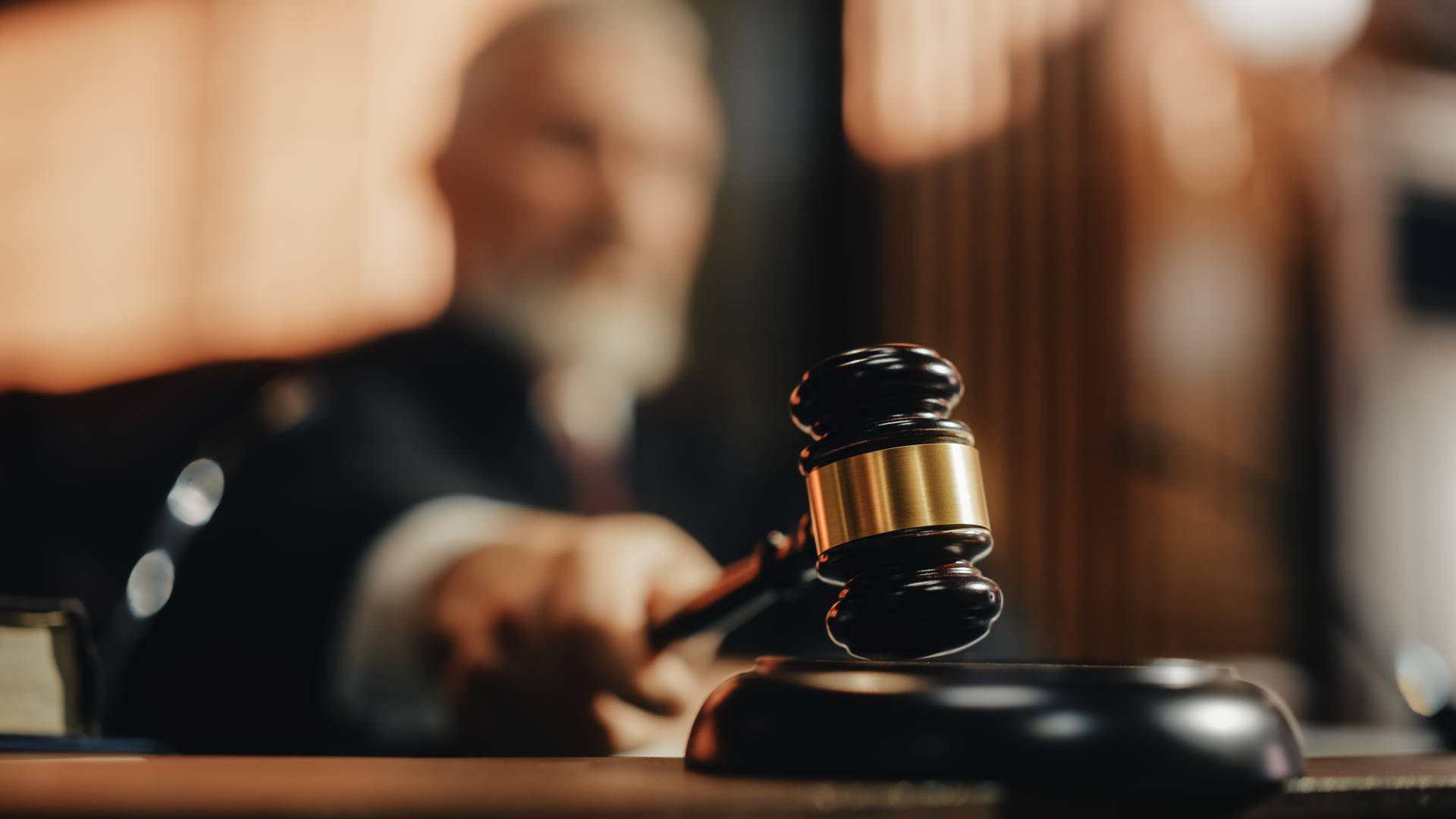
If you are facing DUI charges in Honolulu, then your future is at stake. When your career and freedom are threatened, you can't afford to work with a lawyer who simply pleads out instead of thinking about your own well-being and best interests. You deserve to have a defense attorney who will fight all the way for you.

What Do Defense Attorneys Do?
Defense attorneys, also known as defense lawyers or criminal defense attorneys, represent individuals or entities that have been accused of committing a crime.
Their primary role is to defend their clients and ensure that their rights are protected throughout the legal process. Here are some common tasks and responsibilities of defense attorneys:
- Legal advice and representation: Defense attorneys provide legal advice to their clients and represent them in all stages of the criminal justice process, including police questioning, bail hearings, arraignments, plea negotiations, trial proceedings, and sentencing.
- Case analysis and strategy development: Defense attorneys thoroughly analyze their clients' cases, review evidence, and develop a defense strategy tailored to the specific circumstances of the case. This may involve interviewing witnesses, conducting investigations, and consulting with experts.
- Legal advocacy: Defense attorneys advocate for their clients' interests in court by presenting evidence, making legal arguments, cross-examining witnesses, and challenging the prosecution's case. They work to undermine the prosecution's evidence and cast doubt on the charges against their clients.
- Negotiations with prosecutors: Defense attorneys negotiate with prosecutors to reach plea agreements or settlements that are favorable to their clients. They may negotiate for reduced charges, lesser sentences, or alternative sentencing options.
- Trial representation: If a case goes to trial, defense attorneys represent their clients in court proceedings, presenting evidence and witnesses, cross-examining the prosecution's witnesses, and making arguments to the judge or jury in defense of their clients.
- Client advocacy and support: Defense attorneys provide support and guidance to their clients throughout the legal process, explaining their rights, options, and potential outcomes. They advocate for their clients' best interests and work to ensure that they receive fair treatment under the law.
Overall, defense attorneys play a crucial role in the criminal justice system by ensuring that individuals accused of crimes receive a fair trial and have their rights protected. They work diligently to defend their clients against criminal charges and seek the best possible outcomes for them given the circumstances of their cases.
Free Consultation with a Proven Honolulu DUI Lawyer
Your choice of Hawaii DUI lawyer can make or break your future. You deserve a seasoned defender who has the knowledge and proven results you need in your corner. At The Law Office of Kevin O'Grady, LLC, you can find this high-quality defense, backed by 25+ years of legal experience. You can team up with a legal advocate who always keeps you informed about your case, starting with a free initial consultation where we can discuss, in detail, your legal rights and options.
-
National College for DUI Defense State Delegate
-
Hundreds of DUI Wins
-
Law QA Membership Verification
-
National College for DUI Defense Membership
-
Standardized Field Sobriety Testing Qualified
-
Standardized Field Sobriety Testing Instructor
-
Intoxilyzer 8,000 Operator
Common DUI Questions
-
What is considered to be a DUI in Hawaii?Like most other states, drivers found to be operating a vehicle with a blood alcohol content (BAC) level of .08% or higher will be arrested for DUI. In order to measure a driver's BAC, officers often subject drivers to breath tests, blood tests, or urine tests. In other instances, a police officer may ask a driver to participate in a field sobriety test. In Hawaii you can be charged with per se (BAC) and or with impairment (regardless of your BAC).
-
I was arrested for a DUI. When should I talk to a lawyer?Immediately. In the state of Hawaii, a police officer will issue an instantaneous driver's license revocation upon a DUI arrest. Your attorney can take steps to request and or preserve evidence early after your arrest and can also speak with witnesses or visit the scene close in time to your arrest. Your attorney will be able to represent you during this administrative hearing, as well as any type of criminal proceeding thereafter.
-
What will happen to my driver's license if I do not petition a license revocation?If you fail to take action and request a hearing in a timely manner, you could be jeopardizing your driving privileges. Upon arrest, an arresting officer will issue you a Notice of Administrative Revocation. This notice will serve as a temporary driving permit for 30 days. An in-person administrative hearing must take place within 24 days of receiving a Notice of Revocation. Failure to take action on a first-time DUI offense could result in a mandatory driver's license revocation for up to 1 year.
-
Is it required by law to take a breath or chemical test?You do have the right to refuse a breath or chemical test, however, you will also face possible penalties as a result of refusing a chemical test. Admittedly, chemical tests are prone to error and inaccuracy, however, it will be imperative that you listen to law enforcement officers. Refusal of a breath or chemical test could result in a license revocation for up to 2 years on a first-time offense.
-
What happens if I failed a field sobriety test?Do not assume that your case will rely solely on the results yielded during a field sobriety test! Even if you have failed a field sobriety test, these tests are not always accurate and often do not take in special circumstances of the person taking the test.
For example, people with health issues, coordination issues, or sight issues may not perform in a way that would suggest sobriety. Additionally, other external factors, such as uneven roads, weather, stress, or improper administration by the police officer could lead to erroneous results.







